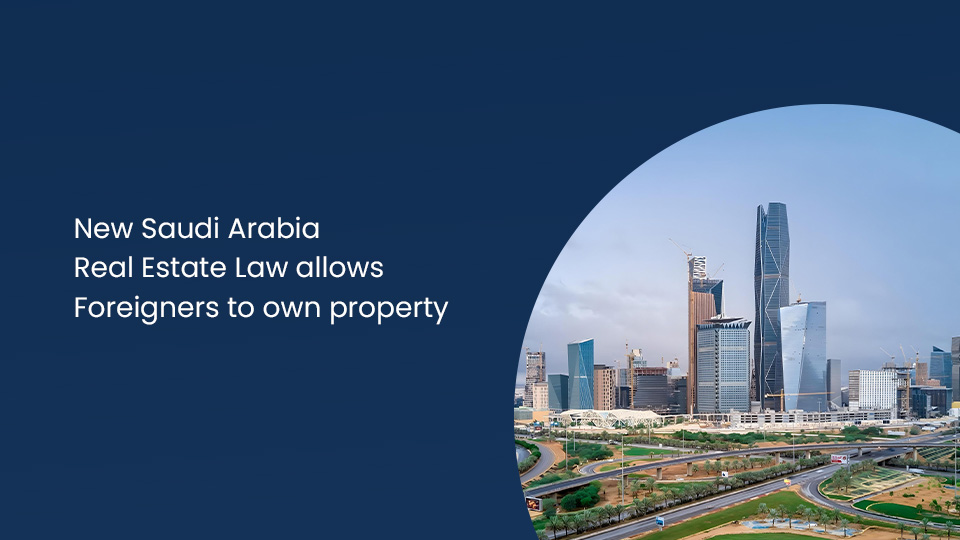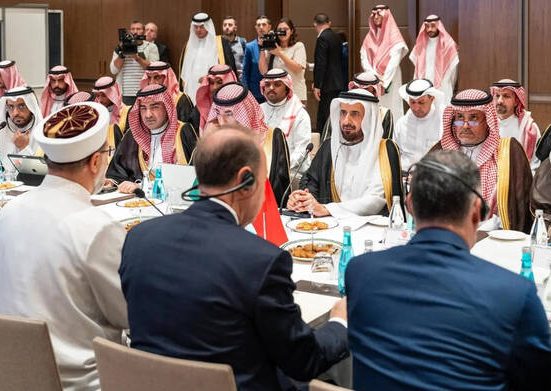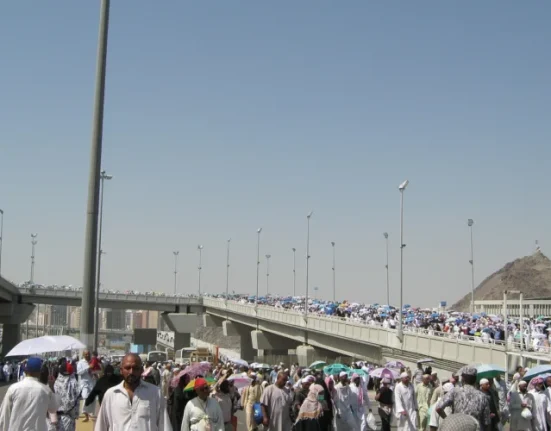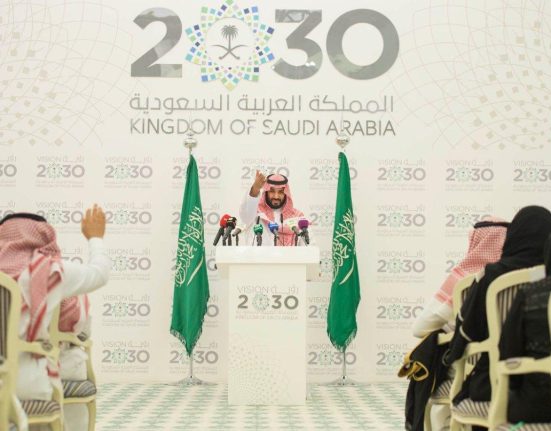In a move that is expected to reshape property investment dynamics in the Kingdom, Saudi Arabia has officially released the complete framework of its newly approved law regulating real estate ownership by non-Saudi nationals. This development follows the endorsement of the regulation by the Saudi Council of Ministers earlier in the month.
Reports gathered by KIIN360 from credible regional sources confirm that the new legal framework is part of Saudi Arabia’s broader economic reform strategy under its Vision 2030 agenda, which seeks to diversify the economy, attract foreign investment, and modernize various sectors, including real estate. The law provides clear and detailed stipulations on the scope, conditions, and limitations under which foreigners—both individuals and entities—can acquire property within the Kingdom.
Previously, foreign ownership of real estate in Saudi Arabia was highly restricted, largely confined to designated economic zones or conditional on long-term residency. However, the new legislation signals a shift in policy direction, offering more access and legal clarity for international investors. Under the new law, foreign nationals will be permitted to purchase various categories of property, including residential, commercial, and potentially agricultural lands, provided they meet certain legal and financial conditions laid out by the government.
It was further revealed that foreign legal entities and investors, including companies operating within and outside the Kingdom, will now have a more structured pathway to acquiring real estate, especially in zones earmarked for foreign direct investment. Nonetheless, the law does not come without caveats. Specific areas, such as those related to national security, border zones, and religious sites in Makkah and Madinah, are expected to remain restricted or subject to heightened regulatory scrutiny.
Saudi authorities have emphasized that the new law aims to strike a balance between opening up the property market and safeguarding the Kingdom’s cultural, social, and strategic interests. They noted that all transactions under the law will be monitored by designated regulatory bodies to ensure compliance, transparency, and alignment with national development goals.
Analysts who spoke believe the policy could position Saudi Arabia as a more attractive destination for global real estate investors, particularly given its ongoing infrastructure mega-projects and rapid urban transformation. Cities like Riyadh, Jeddah, and the futuristic NEOM project are likely to draw significant interest as the new law takes effect.
The Saudi Ministry of Justice is expected to begin immediate implementation of the provisions, while investors and foreign nationals interested in taking advantage of the new law have been advised to consult legal professionals and follow due process to avoid regulatory pitfalls.
With this latest move, the Kingdom continues to signal its readiness to open its doors wider to the global market, while keeping its legal framework aligned with the evolving needs of a modern economy.







